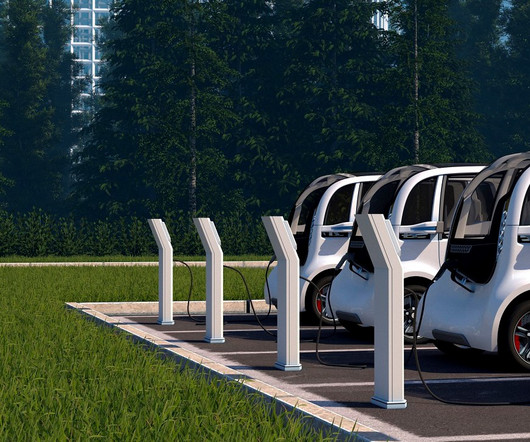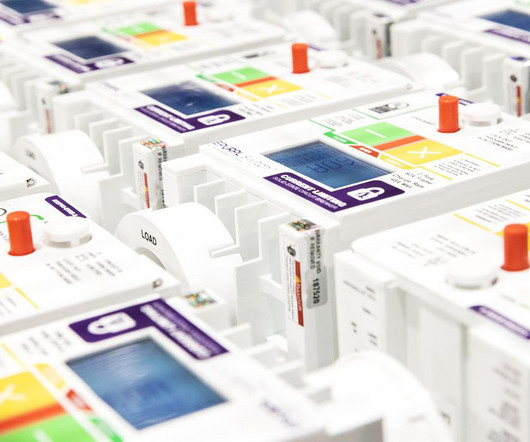Lung Association report highlights health and climate costs of petroleum-based transportation and the benefits of shifting to ZEVs
Green Car Congress
OCTOBER 27, 2016
Of that $37 billion, health costs added up to $24 billion in 2015; the $24 billion represents the monetized sum of harmful emissions responsible for an estimated 220,000 work-loss days, more than 109,000 asthma exacerbations, hundreds of thousands of other respiratory impacts, and 2,580 premature deaths. Oregon: $1.3

























Let's personalize your content